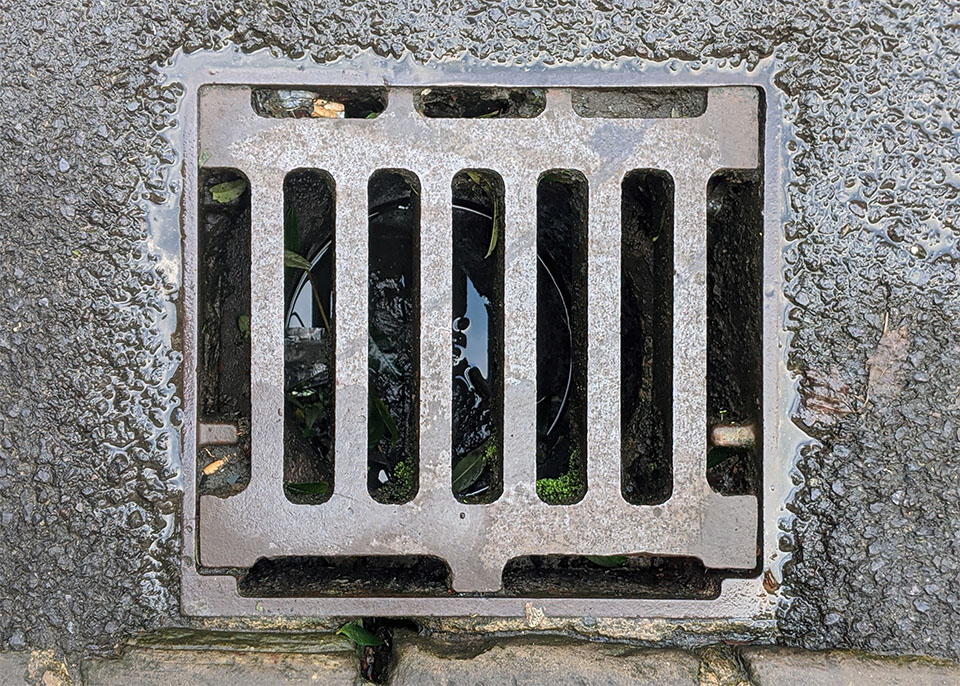Tips for Addressing a Blocked Drain Prior to Hiring Expert Plumbers
Tips for Addressing a Blocked Drain Prior to Hiring Expert Plumbers
Blog Article
They are making a few great annotation on the subject of What I learned from trying to deal with a clogged drain in general in this content down the page.

Introduction
Dealing with an obstructed drainpipe can be an aggravating experience, interfering with everyday tasks and possibly creating damage to your home. However, before reaching out to plumbing professionals, there are steps you can take to deal with the problem yourself. In this guide, we'll check out DIY services and preventive measures to tackle a blocked drain effectively.
Recognizing the Concern
The primary step in addressing an obstructed drain is recognizing the signs. Slow drainage, gurgling sounds, foul odors originating from drains, or water backing up are common indications of an obstructed drain. Identifying these indications early can aid protect against further problems.
Common Reasons For Blocked Drains
Comprehending the aspects that contribute to drain blockages is essential for effective resolution. Common culprits include hair, soap scum, grease, food debris, and international things like hygienic items or paper towels. Tree roots invading underground pipelines can additionally create significant blockages.
Do it yourself Solutions
For minor obstructions, several do it yourself services can be reliable. Putting boiling water down the drainpipe can aid liquify grease and particles. Baking soda and vinegar or a mixture of salt and cooking soda can work as all-natural cleansers. Using a bettor or plumbing snake to dislodge blockages is one more alternative.
Devices and Equipment
Having the right tools available can make do it yourself drain cleaning a lot more efficient. A plunger is a functional tool for clearing clogs in sinks, toilets, and showers. A pipes snake or auger can get to much deeper obstructions, while drainpipe cleaning chemicals can be utilized meticulously for persistent obstructions.
Safety nets
To prevent future clogs, embracing preventive measures is vital. Install drainpipe guards or filters to catch hair and particles before they get in the pipelines. Routinely flush drains pipes with hot water to liquify grease accumulation, and avoid throwing away grease or solid waste down the tubes.
When to Call a Professional
While DIY options can resolve minor obstructions, specific indicators suggest the demand for professional aid. Persistent clogs, foul odors despite cleansing efforts, or several drains pipes supporting all at once are warnings that require experienced intervention.
Choosing the Right Plumbing Service
When choosing a plumbing solution, consider aspects such as experience, licensing, and client reviews. Select a reputable plumber with a record of quality workmanship and clear prices techniques.
Price Factors to consider
The expense of specialist drain cleaning company can vary depending upon the seriousness of the blockage and the plumbing's prices. Request quotes from multiple service providers and ask about any type of surcharges to make certain openness and avoid shocks.
Security Precautions
When trying DIY drain cleaning, prioritize safety. Use protective handwear covers and glasses to prevent contact with dangerous chemicals or germs. Never blend different drain cleaning items, as this can create dangerous fumes.
Case Studies
Real-life instances illustrate the efficiency of DIY remedies and the importance of prompt specialist intervention in settling drainpipe obstructions.
Final thought
By following the suggestions outlined in this overview, you can properly tackle obstructed drains and stop future pipes problems. Whether going with DIY options or looking for specialist help, timely activity is vital to preserving a healthy and balanced plumbing system and preserving the honesty of your home.
HOW DO PLUMBERS AND DRAINAGE EXPERTS CLEAR BLOCKED DRAINS?
Most of us have dealt with a backed up drain at some point in our lives! Whether it’s in our home or at our business, when the toilet begins to overflow or the sink doesn’t drain properly, we ultimately seek help from professionals to clear wastewater lines and get things flowing again.
Sure, you can attempt every possible drain hack in the hopes that your line clears but, often, it’ll require more than just pouring something down the drain. Keep in mind too, that pouring acid-based liquid cleaners down your drain can result in even more problems. If unable to clear – and pass through – the clog, it’ll sit in the line and begin to eat away at the pipe. Calling a plumber or professional to clear your drain might be your last resort but it’s the proven result. So, what do they do, and what type of equipment do they use, to get rid of a blocked drain line?
How Do Plumbers And Drainage Experts Clear Blocked Drains?
To better understand exactly where the problem is located, experts will typically start with an assessment and a video sewer inspection. Using non-invasive equipment that enters and exits through the pipe, these cameras offer a look inside the pipe and can spot anything from buildup, to forming clogs, to tree roots to small holes that could be a future problem – in real-time. It can see up to 150 feet of even the hard-to-reach places of the line, so there’s nowhere to hide.
https://www.zoomdrain.com/blog/2023/january/how-do-plumbers-and-drainage-experts-clear-block/

I ran across that piece about when doing a lookup on the web. Are you aware of someone else who is fascinated with Tips for Dealing with Clogged Drains and Sewer Lines? Take a moment to promote it. I thank you for your readership.
Click Here Report this page